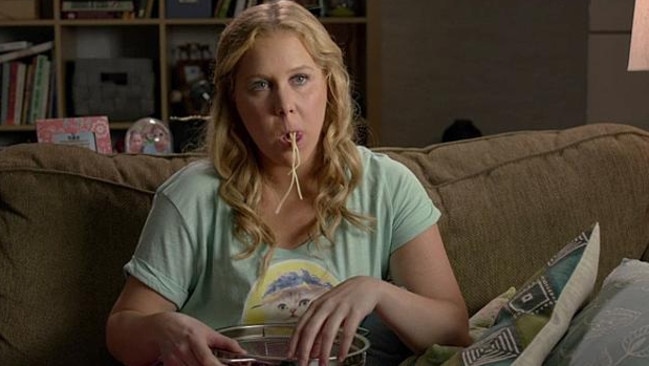What happens to your body after two weeks of no exercise
THE silly season is here and it’s become way too easy to ditch the gym in favour of cocktails. If you need some motivation in the lead up to the weekend, here it is.

THE silly season has well and truly begun. It’s become way too easy to ditch the after-work gym session in favour of sunset cocktails or long dinners.
But what happens to your body — your fitness levels, muscle mass, and your mind — when you stop exercising?
Your fitness levels decrease
“When detraining starts to occur you see a decrease in cardio and respiratory fitness,” said Professor David Luban from the University of Newcastle.
The main impact will be felt when you try to start exercising again. If you’re really fit and usually work out quite often, the damage won’t be too bad.
“With detraining, the fitter you are the slower the effects of stopping exercise and you tend to get back your fitness pretty quickly,” Professor Luban said.
“For people who haven’t been doing very much exercise, if they stop for two weeks then they will go backwards quite quickly.
“Muscle soreness is going to be an issue as well. If you haven’t done much training and you come back, you will experience some muscle soreness.”
But if you’ve been training really heavily for a long time, having a break for two weeks to let your body recover can be a good thing.
You gain weight
“It’s not going to be enormous over that period, but you might gain 2-3 kilos,” said Professor Luban.
That won’t be helped by the fact that you’ll be searching for comfort foods, according to Dr Richard Keegan, an associate professor in sports and exercise psychology at the University of Canberra
“When people are exercising regularly, they have more healthy food cravings. When people have an active lifestyle they don’t crave fatty foods as much,” said Dr Keegan.
You don’t get a good night’s sleep
You won’t get to sleep easily and you’ll be restless. “The first thing you would notice is not exercising would affect your sleep patterns and your irritability,” said Professor Luban.
You’re less happy
Your whole “energy regulation” changes when you stop exercising, says Dr Keegan.
“You get a big dip in mood and you’ll feel a bit flat, especially because you’re not sleeping,” he said.
The benefits you get from being active are above and beyond the physical.
“It can reduce most of the negative mental states and some symptoms of depression, anxiety, you have better sleep regulation. Usually you’ll see an improved mood, slightly elevated energy levels and you do get some cognitive changes in self-esteem.
Professor Luban says the social and spiritual connectedness you get from exercise is also really important.
“We know that there are benefits of doing exercise outdoors that are above and beyond doing exercise in a gym. When you’re outdoors your brain relaxes and you’re distracted from your troubles,” he said.
“When we live in a built-up environment you get stimulus overload, but when you go running outdoors your body and brain unwind a bit and connect with nature.
“A lot of physical activity happens in a social context now and it’s not great to miss out on that.”



